Health Library
We have a vast digital library of medical information, including wellness and psychiatry topics as well as general medical topics. For more information or to schedule an appointment, don’t hesitate to call us.
Our Health Library information does not replace the advice of a doctor. Please be advised that this information is made available to assist our patients to learn more about their health. Our providers may not see and/or treat all topics found herein. Birth control is any method used to prevent pregnancy. If you have vaginal sex without birth control, you could get pregnant. The only sure way to not get pregnant is to not have vaginal sex. But finding birth control that works for you can help avoid an unplanned pregnancy. There are many kinds of birth control. Each has pros and cons. Find what works for you. Long-acting reversible contraception (LARC). These are placed inside your body by a doctor. They can prevent pregnancy for years. Examples include: Short-acting hormonal methods. These release hormones (estrogen and progestin, or progestin only). Examples include: Barrier methods. Use these every time you have vaginal sex. Examples include: Spermicides. These kill sperm or stop sperm from moving. They can be a gel, cream, foam, film, or tablet. Use them before vaginal sex. Examples include: Fertility awareness. You'll learn when you're most likely to become pregnant (fertile). You can avoid vaginal sex at that time. It's also called: Permanent birth control (sterilization). This can be an option if you're sure that you don't want to get pregnant later. This includes: Emergency contraception. This is a backup method. Use it if you didn't use birth control or your birth control method failed. Examples include: Emergency contraception is used to prevent pregnancy after unprotected vaginal sex. For example, you can use it if you were sexually assaulted (raped). You can also use it if a condom breaks or if you think your birth control didn't work. If you had unprotected vaginal sex, you could get pregnant. This is true even if you haven't started your periods yet or you're close to menopause. If you use emergency contraception right away, it might prevent an unplanned pregnancy. It may also keep you from worrying while you wait for your next period. One option is emergency contraception ("morning-after") pills. These pills don't work as well as regular types of birth control. If it's important to you to prevent pregnancy, talk to your doctor about a type of regular birth control that will work for you. Here are some ways you can get birth control. Many people decide to be abstinent on and off throughout their lives. This is for a lot of different reasons, such as to prevent pregnancy or to avoid sexually transmitted infections (STIs). Here are some ideas to help you be abstinent. Here are some common questions and answers about sex, pregnancy, and birth control. Current as of: May 5, 2025 Author: Ignite Healthwise, LLC Staff Current as of: May 5, 2025 Author: Ignite Healthwise, LLC Staff Clinical Review Board This information does not replace the advice of a doctor. Ignite Healthwise, LLC disclaims any warranty or liability for your use of this information. Your use of this information means that you agree to the Terms of Use and Privacy Policy. Learn how we develop our content. To learn more about Ignite Healthwise, LLC, visit webmdignite.com. © 2024-2025 Ignite Healthwise, LLC.Birth Control for Teens
Your Choices

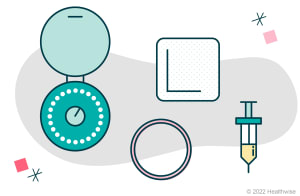
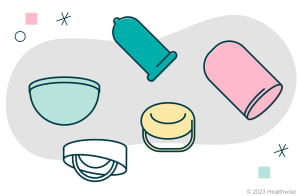
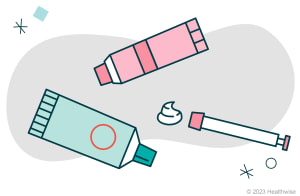
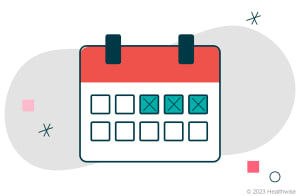
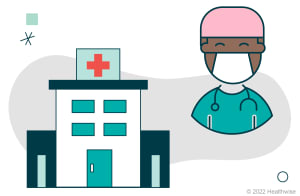
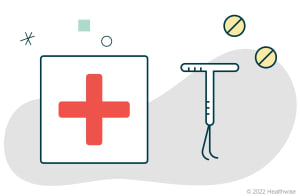
Emergency contraception
Learn more
How to Decide
Learn more
How to Get Birth Control
Over the counter (OTC)
![]()
From your doctor or family planning clinic
![]()
Abstinence
Common Questions
Questions Answers Can you get pregnant if you haven't ever had a period or haven't had one lately? If you haven't ever had a period and you have vaginal sex, you can get pregnant. It's possible to release an egg (ovulate) a couple of weeks before your first period. If you have started having periods but haven't had one lately, you can get pregnant. Can you get pregnant during your period? The chance of getting pregnant at this time is lower for most people. But if you have short menstrual cycles (fewer than 28 days) or irregular periods, you may be able to get pregnant if you have vaginal sex during your period. Should you get birth control if you're not planning to have sex? Whether or not you have sex is always your choice, no matter what. Having protection against pregnancy and sexually transmitted infections (STIs) means that it's there if you decide to have sex. Does douching after vaginal sex prevent pregnancy? Douching after vaginal sex does not prevent pregnancy. And it may cause other problems. Can you count on your partner to have a condom? Try to always have condoms with you and use them. And ask any partners to always have condoms too. When you first go to a doctor or a midwife for birth control, will you need to have a pelvic exam? Most teens don't have a pelvic exam when they first go for birth control. But if you already have a health problem that needs to be checked, you might. If you do need a pelvic exam and you're nervous about it, talk to your doctor or midwife about it ahead of time. What if you change your mind and don't want to have sex? It's always okay to say "no" or "stop" at any time. It's important that you feel safe with any sex partners and agree with what you're doing together. If you are feeling forced to do something you are not comfortable with, get help from someone you trust. You can always talk to your doctor or midwife or a trusted friend or family member. If you don't have sex often, can you get pregnant or get an STI? Not having sex is the most effective way to prevent pregnancy and any STI. If you do have sex, there's always a chance you can get pregnant or get an STI, so use birth control and a condom every time. Learn more
Related Information
Credits
Clinical Review Board
All Ignite Healthwise, LLC education is reviewed by a team that includes physicians, nurses, advanced practitioners, registered dieticians, and other healthcare professionals.
All Ignite Healthwise, LLC education is reviewed by a team that includes physicians, nurses, advanced practitioners, registered dieticians, and other healthcare professionals.



